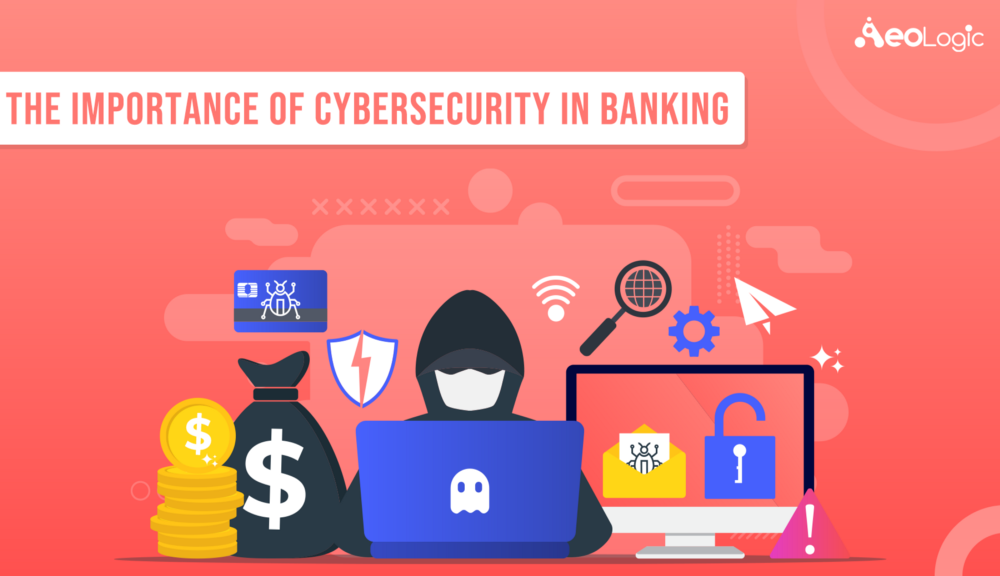Cybersecurity is important for any profit or non-profit organization, it matters for every business. But, for banks, they carry vital information about their customers, so the stakes are even higher. Financial institutions carry some very important data and criminals know it. So it becomes imperative for banks and financial institutions to have a robust cybersecurity system in place. The primary reason, importance of cybersecurity in banking transactions is to safeguard consumer assets.
Earlier, it was limited to physical theft, then with the adoption of technology, the thefts appeared through computers, and now it’s not just a cyber attack, attackers hack the server directly to get hold of Personally identified Information (PII) of customers.
As of 2020, people and companies across the world perform most of their banking transactions through multiple online channels, the risk of data breaching is continuously increasing. This scenario is why there is always a need for a highly substantial cybersecurity system for our banking industry.
But, why should it matter to you? Whether you work for a bank or simply if you are just a customer, your bank’s cybersecurity should matter to you, and here are a few reasons why:
The wave of digitalization
Governments these days are emphasizing ongoing digital. What that means is that there will be an increase in the population that is using digital money such as plastic cards and is going cashless. That’s why it becomes necessary to employ precautionary measures that ensure the cybersecurity for protecting your data and privacy.
Financial Loss
Whenever a banking institution undergoes a cyber attack and suffers, not only the bank but also, its customers suffer from financial loss. It can be very time-consuming and mentally exhausting to recover from such losses.
Your data is no longer yours
Once the attackers get access to your private data; it can be misused in any manner. Your data is very sensitive and could reveal a lot of information about what might be leveraged by attackers.
Importance of Cybersecurity in Banking
The number of Cyber risks just multiplies when you consider the large number of users involved. There a huge number of potentially unsafe and insecure endpoints amongst billions of people, these endpoints act as a candy shop to cybercriminals.
Among so many different types of these attacks, three of the major attack vectors that banking institutions and financial organizations need to consider are, First, the personal security of individual members using their bank accounts, Second, the security of the tools you build for the users to access their accounts, and Third, your own internal team as they access your back-end servers and internal network.
Let’s get into details…
Personal Protection of Users
One of the most difficult tasks is keeping individual users secures, as we have almost no control over their behavior. As a banking institution, the typically best you can do is impose strict security requirements and controls on your internet portal. Things like requiring and unique strong passwords and implementing 2-factor authentication.
Technical Protection
Except for anything else, this is where you have the highest degree of control. By controlling the security measures you build into your web portals and applications, you lower the risk of a cyberattack to a minimum. Like using monitoring and blocking technologies that protect from things like auto-redirect attacks or having login data skimmed.
Data Protection
Especially considering the present environment, with most of your team is having access to your network remotely, the security of each and every endpoint you allow into your centralized protected network seems more relevant.






